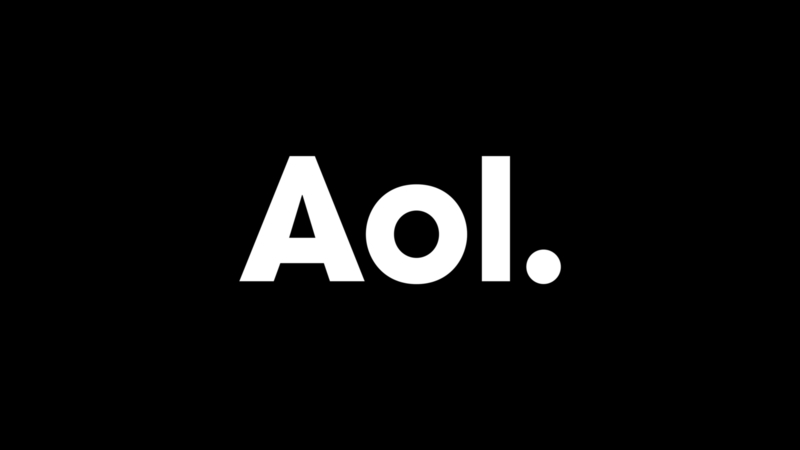

My Halutza Communities Fundraising Page
Anne/Adrian Kroll
Anne/Adrian Kroll
Please help me support Jewish National Fund-USA by making a contribution to my fundraiser and sharing this page with your family and friends. Every dollar I raise will advance Jewish National Fund-USA's great cause! Additionally, you can ask me how you can get involved too.
Together, we can make a difference!
Together, we can make a difference!





Comments